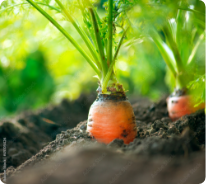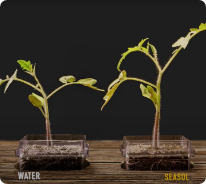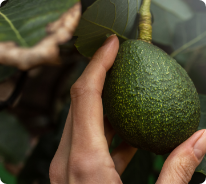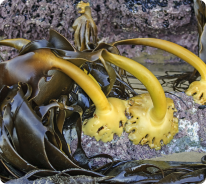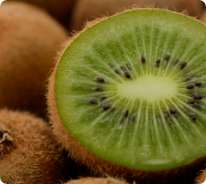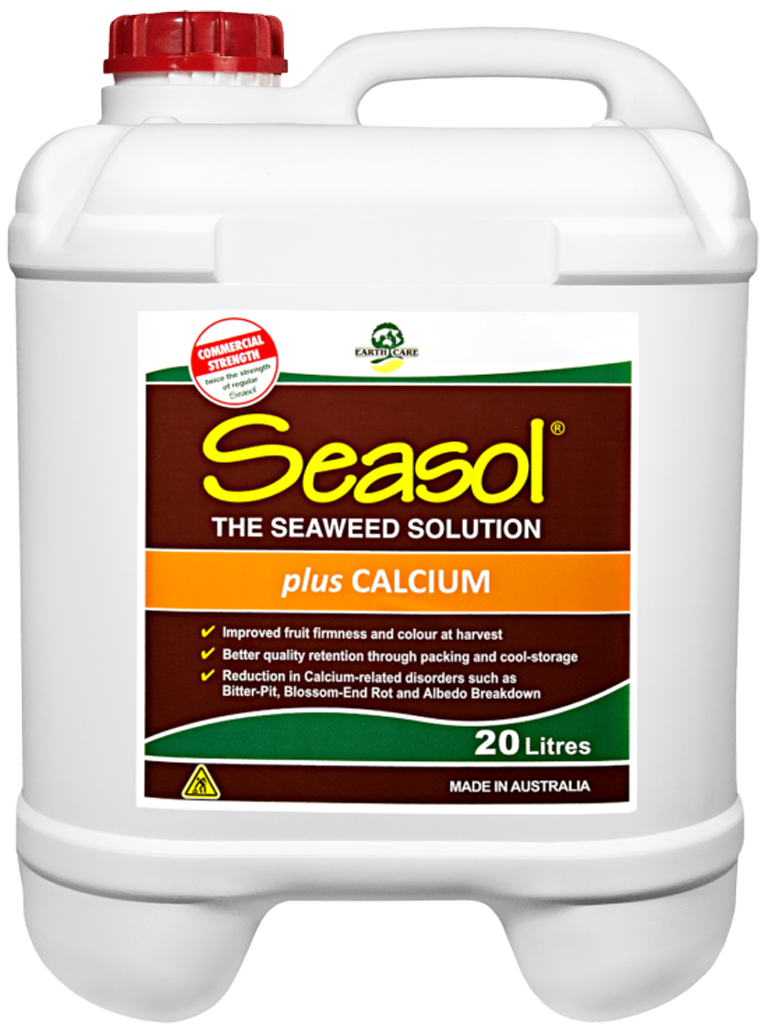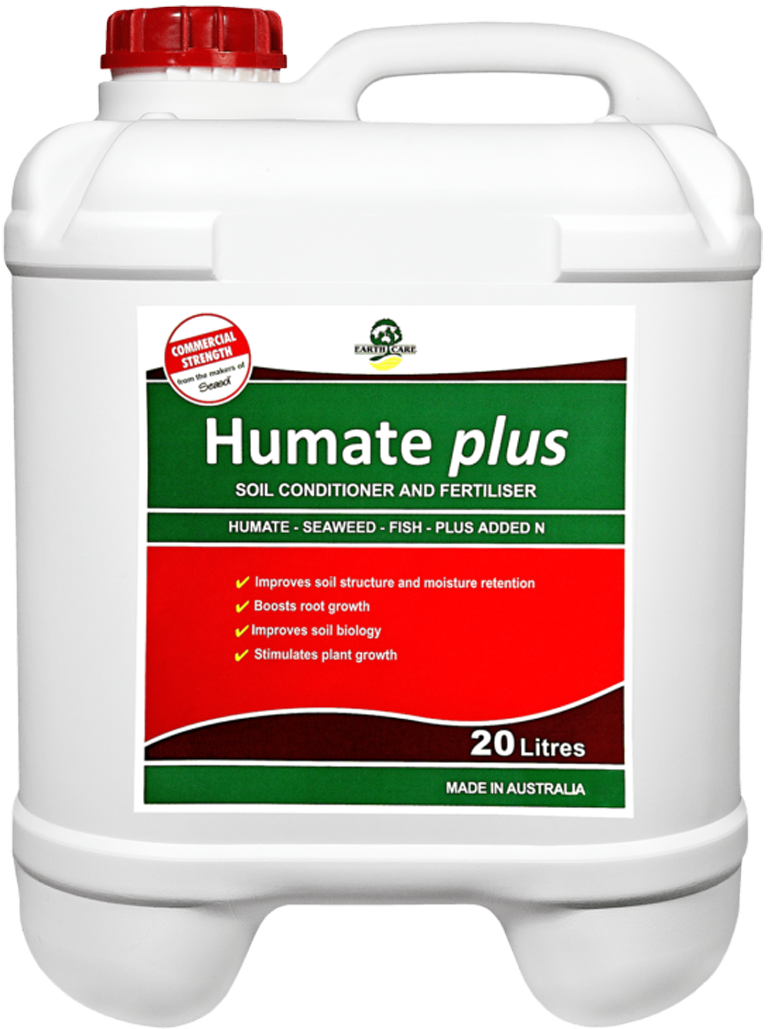Fitting Seasol into Small Cucurbits production
- Seasol products can be used every 2-4 weeks during the growing season as a general plant tonic to enhance plant health, flowering and fruit production.
- Seasol products can be applied as needed to provide increased resistance against frost and heat damage.
- Seasol products are a valuable supplement to apply before, or with, any foliar applied nutrients to enhance their uptake and utilisation.
Production benefits in detail:
The use of Seasol products results in significant benefits for both the plant and the crop. Application at critical development stages results in:
- Improved plant establishment. Seasol products stimulate root growth needed for the rapid establishment of new plantings.
- Drought tolerance. Seasol products significantly increase drought tolerance. It does this by helping plants protect against water loss.
- Frost tolerance. The same mechanism that protects against drought stress also provides significant frost protection by reducing the temperature at which plant cells freeze.
- Improved production. The natural substances and trace elements in Seasol products improve the evenness of crop development and general plant performance.
- Disease resistance. It has been consistently reported that Seasol product treated plants demonstrate reduced incidence and severity of disease.
- Increased microbial activity. Seasol products are a food source for beneficial soil microbes increasing their number and diversity.
Small Cucurbits application rates and timing
| STAGE | RATES | NOTES |
|---|---|---|
| Initial soil preparation | Seasol Plus Calcium @ 5 L/Ha plus Humate Plus @ 5 L/Ha | Soil application prior to bed forming or final seed-bed preparation. |
| Immediately after sowing or transplanting | Seasol Plus Calcium @ 10 L/Ha | a Soil application via boom spray or irrigation |
| As the first flowers begin to develop | Seasol Plus Calcium @ 10 L/Ha | Foliar spray or fertigate |
| Then every 2 to 3 weeks | Seasol Plus Calcium @ 10 L/Ha | Foliar spray or fertigate |
Share:
[addthis tool="addthis_inline_share_toolbox"]

